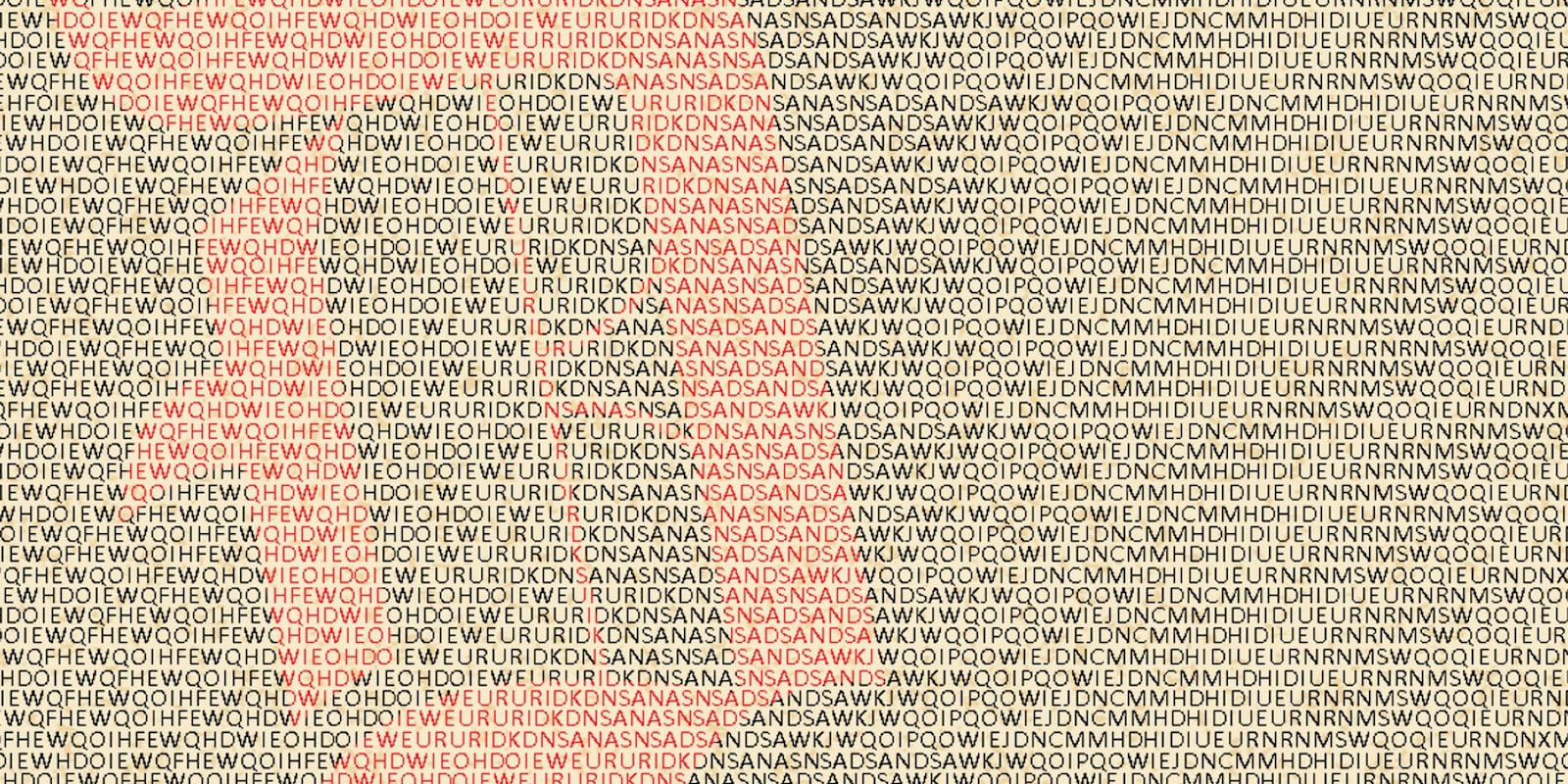Calm down, everyone. Mark Zuckerberg is not a butcher!
A killer, mind you, but not a butcher. The mostly vegetarian Facebook CEO would like you to know that he eats meat — but only meat that he kills with his own hands. The actual carving work he outsources to a butcher in the beach town of Santa Cruz, Patti Sellers tells us in Fortune. So far, he’s done in a chicken, a goat, a pig, and a lobster.
Zuckerberg’s ethical stance — that one should consider the origin of what one consumes — could also be considered a parable for Facebook’s own creation.
Let’s digest the tale of Paul Ceglia, the Buffalo, New York-based wood-pellet salesman who claims he owns half of Facebook and says he has the emails to prove it. Or Cameron and Tyler Winklevoss, the twin Olympic rowers who say Zuckerberg stole the idea for a college-based social network from them, and aretaking their case to the Supreme Court.
Consider yourselves warned, guys: Zuckerberg eats everything he kills. Down to the feet.
…
Can’t we just love one another, despite our differences? That’s the message of Lady Gaga. And the monstrous pop star’s release of a new album, Born This Way, seemed to touch every tech giant. She set a record for Twitter followers — 10 million. She melted down Amazon.com’s servers when the online retailer put her album on sale for 99 cents — even as a $15.99 version sold briskly on Apple’s iTunes store. She took over Zynga’s FarmVille game, with her own black-leather-and-unicorns virtual farm to visit.
But did the Mother Monster tone down her message for more conventional media? That’s what Twitter user @heyitsurban maintains, noting that Gaga omitted the lyric “Gay, straight or bi; lesbian transgender life” on Friday’s Good Morning America concert on ABC. Gaga didn’t reply to Urban’s tweeted inquiry about the matter, though she may have been catching up on her sleep.
…
Google also went Gaga, featuring the singer in an ad ostensibly highlighting its Google Chrome Web browser, but really showcasing Google’s Web properties, like YouTube, Blogger, and Image Search.
Perhaps some Googlers need to re-download her make-love-not-war oeuvre. eBay’s PayPal unit is suing Google over the launch of its new mobile payment software. But this isn’t business — it’s personal. What really has eBay steamed is that Google poached two key executives, Stephanie Tilenius and Osama Bedier, who went on to allegedly recruit others from PayPal.
If you read the tea leaves of Tilenius’s departure from eBay, it sounds like she hoped to succeed John Donahoe as CEO, and didn’t see that happening.
All the while, eBay and Google were negotiating a deal to put PayPal on Google’s mobile phones. That deal apparently went south when combative Google cofounder Larry Page replaced Eric Schmidt as CEO, and decided to go ahead with hiring Bedier rather than do a deal with his employer.
…
Why all the fuss about payments? If you think about wallets, they’re not just where we carry cash and credit cards. They’re where we carry our identity, too — our online reputation (a topic that the Daily Dot’s Janet Kornblum explored this week, too).
This has long been a dream of Web entrepreneurs — to create one true place for our online identities. It’s why Facebook is so highly valued, and why it’s so fought over. And it’s why there’s no surprise in PayPal cofounder Peter Thiel being on the social network’s board. Or in Twitter chairman Jack Dorsey following his first act with Square, a payments startup which is also aiming to turn your phone into your wallet and your iPad into a cash register — and even lets you start a tab at your local café.
This isn’t about who counts the money and hands you a receipt, though. It’s about far more: a Web where everybody knows your name.
…
One of the very first startups to tackle this problem, more than 15 years ago in the Web’s prehistoric days, was a little MIT spinoff called Firefly. Firefly helped launch My Yahoo, which formed the underpinnings of Yahoo’s login system. Microsoft eventually bought Firefly and also used it for its own Web-wide identity service, first called Passport and now known as Microsoft Live ID.
Who was one of Firefly’s executives?
A freshly minted Harvard MBA named Stephanie Tilenius — the very person Page and Donahoe are fighting over now.
…
All this fighting, and not enough schooling. Facebook’s Zuckerberg would eventually like children under 13 to be able to use his site for, you know, educational purposes. Right now, Facebook’s terms of service forbid them from joining because of onerous regulations which require the use of — aha! — a credit card to verify identity. (The reality is that they’re already on the site — just not officially, according to the site’s rules.)
There’s something about the 13-year-old requirement, though, that modern society could benefit from. We’ve done away with most coming-of-age rituals, and the ones that remain are specific to a culture or religion.
Could we form a new, worldwide Facebook Tribe that honors children’s creation of a Facebook profile — their ceremonial joinder with the socially networked global mind?
Forget the credit card. What we really need to do is have the kids kill a goat.
